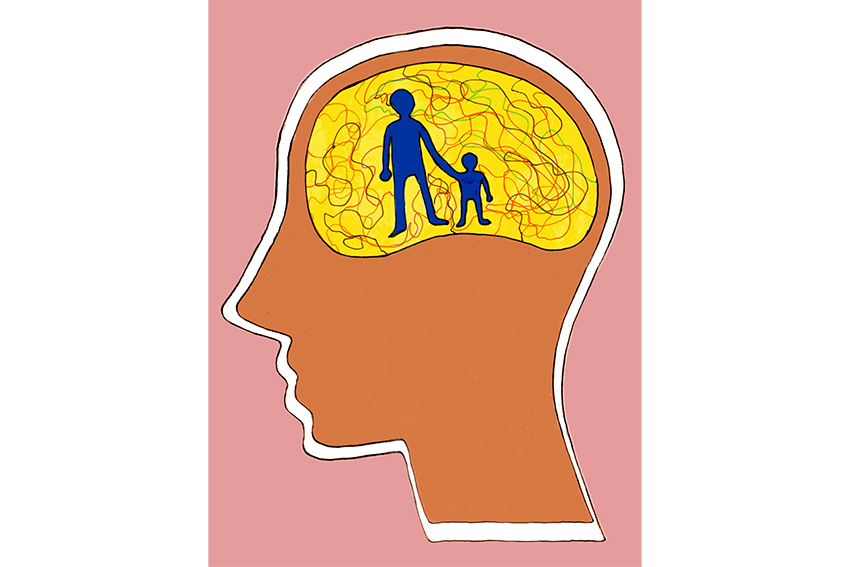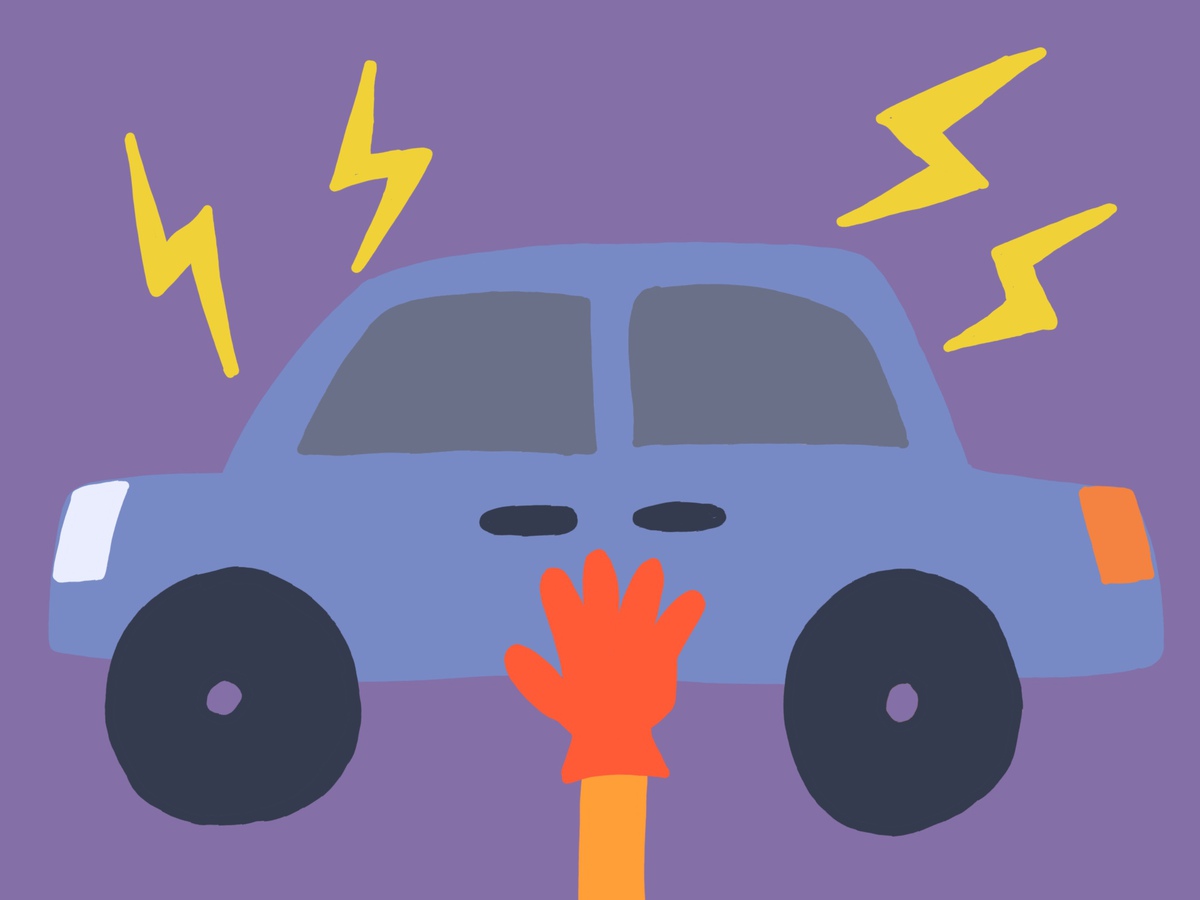UT researchers are examining how parental involvement in children’s anxiety treatment can make it more effective.
Through the Texas Child Study Center’s Childhood Anxiety Treatment Enhancement study, researchers are analyzing the benefits of adding a parent-training component to cognitive behavioral therapy for youth anxiety.
Cognitive behavioral therapy is based on the idea that thoughts, behaviors and emotions are interrelated. Our thoughts can impact how we feel and behave, just as our behaviors can impact how we think and feel, said Jessica Tauber, educational psychology graduate student.
“In our program, (the therapy) is used to help participants learn to recognize and fight back against their anxiety,” Tauber said. “We teach participants to recognize how emotions like fear feel in their bodies and train them to challenge thinking patterns that can contribute to their anxiety.”
In the parent-training program, parents are trained by therapists to help manage their child’s anxiety while their child receives therapy in the clinic at the same time.
Tauber said this parent-child process is important in ensuring the anxiety treatment extends past the clinic into the home.
“Therapists have one hour a week with the child, and the rest of the child’s hours are spent at home with their parents,” Tauber said. “By giving parents the tools and knowledge about anxiety, parents are more equipped to handle their child’s anxiety at home.”
A primary component of the anxiety treatment process is exposure therapy, said Stephanie Young, an educational psychology graduate student. Exposure-based therapy treats anxiety by allowing the patient to confront the source of anxiety in a safe environment until they realize the thing causing their anxiety is not dangerous, Young said.
The parent-training focuses on minimizing parental accommodations that reinforce fear and anxiety behaviors, Young said.
“If a parent saw that their kid was afraid of a dog, they’ll accommodate that fear behavior by removing the child or dog from the situation; they’ll help make that fear go away by helping their child avoid it,” Young said. “However, that action reinforces that fear and behavior even though there’s no threat.”
The parent-training component of the treatment teaches parents to identify when they’re doing an accommodating behavior and encourages them to practice exposures with their child at home.
“The training helps them understand how to do exposures in a compassionate and empathetic way, while at the same time pushing their child to go further because that’s the only way to extinguish the fear behavior,” Young said.
In addition to being a research study, they also serves as a no-cost anxiety treatment for its participants, said Marcella Maxwell, director of Dell Children’s Educational
Advocacy program.
The study began five years ago and has grown dramatically since then to serve a large number of patients in the Austin community, Maxwell said.
“The study is good for two different reasons. It provides research we can disseminate, but it also provides a free resource for these families out in the community to come and get good, well-rounded evidence-based treatment at no cost,” Maxwell said.





















